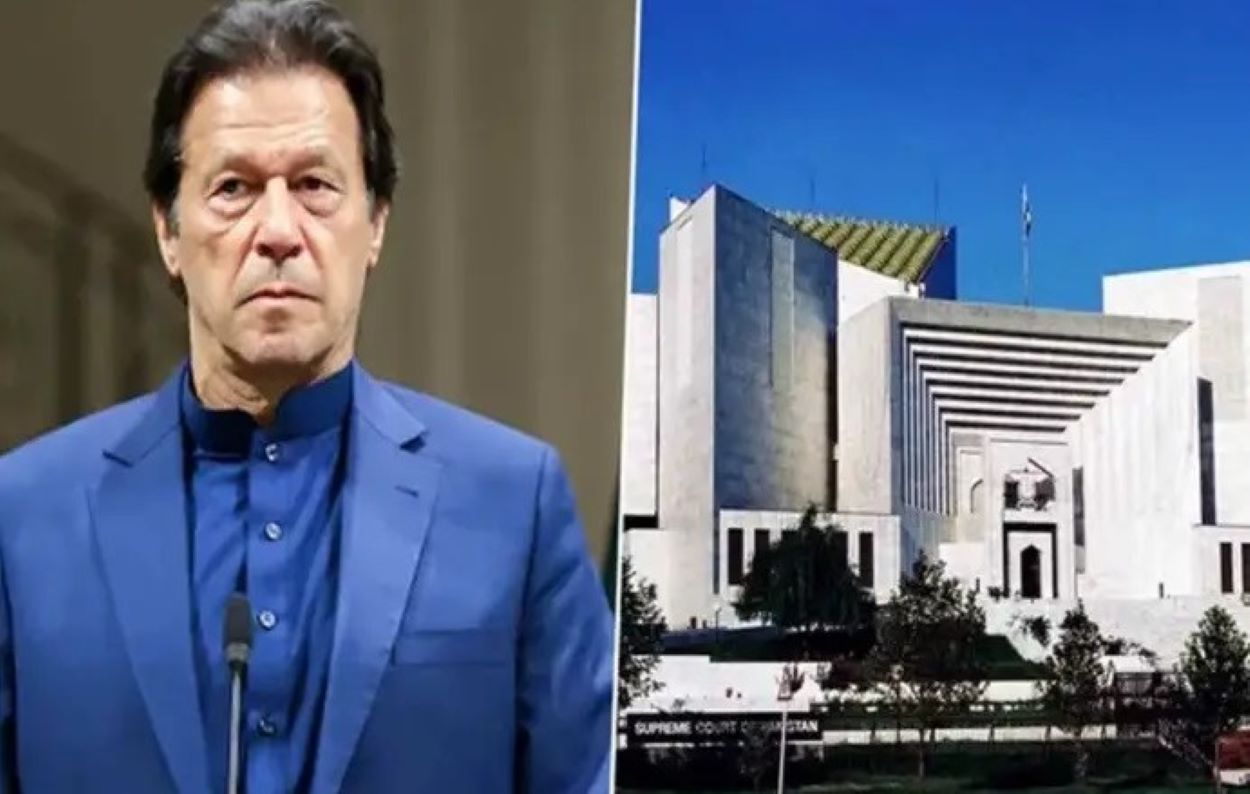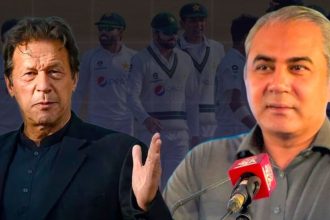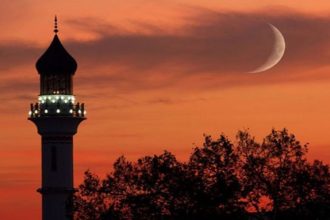Imran Khan, founder of Pakistan Tehreek-e-Insaf (PTI), approached the Supreme Court following the rejection of his nomination papers for the February 8 polls. This rejection involved constituencies in Lahore and Mianwali. The former prime minister’s applications for NA-122 Lahore and NA-89 Mianwali were dismissed, significantly impacting PTI’s election strategy.
Basis of Rejection and Supreme Court Petition
The decision to reject Khan’s papers came after an objection by Mian Naseer of PML-N. This objection cited Khan’s disqualification for corrupt practices in the Toshakhana case. An added point was the proposer and seconder for Khan, who does not belong to NA-122. Lahore High Court (LHC) upheld this rejection, leading Khan to petition the Supreme Court. He seeks to overturn the disqualification, arguing that the conviction of the Toshakhana case lacked moral grounds. Khan’s plea asserts that moral turpitude is essential for disqualification under Article 63(1)(H).
Separately, Khan and his spouse, Bushra Bibi, were sentenced to 14 years in the Toshakhana case. Additionally, Khan and Shah Mahmood Qureshi received a 10-year sentence in the cipher case, further complicating Khan’s political aspirations.
Read: Imran Khan and Shah Mahmood Qureshi Sentenced to 10 Years in Cipher Case
Read: Imran Khan and Bushra Bibi Sentenced to 14 Years in Toshakhana Case






